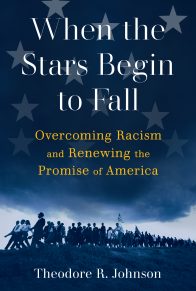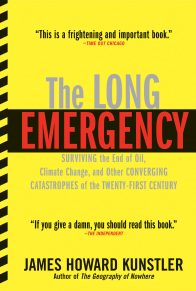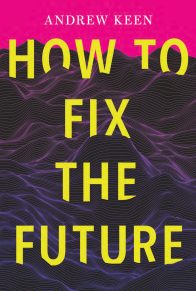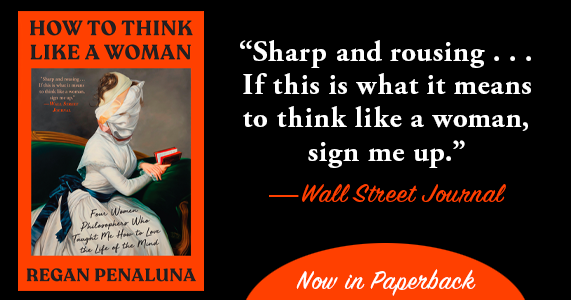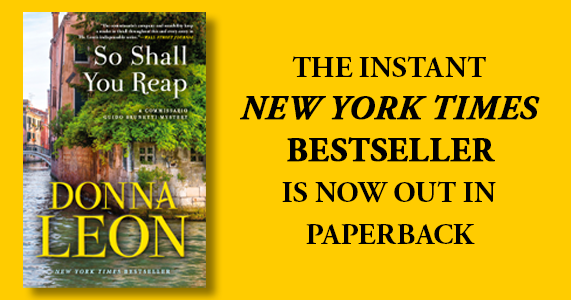“Kunstler plainly has a lot to say about the state of the world. And while much of it is bad—aggressively, congenitally, perhaps even fatally bad—he speaks with such vim and vigor that you find yourself nodding in agreement rather than looking for a noose.” —Stephen J. Dubner, coauthor of Freakonomics and SuperFreakonomics on The KunstlerCast
“Kunstler . . . delivers a cold slap to the fantasists who believe technology will save us. . . . A sharp demand to disenthrall ourselves.” —Kirkus Reviews
“With characteristic curmudgeonly enthusiasm, Kunstler brilliantly if belligerently shows us what a pickle we’re in and how inept we are at dealing with it.” —Publishers Weekly
“Kunstler is refreshingly uninterested in spinning a bad situation. He is willing not only to read the data about resources without illusion but also to assess the state of the culture without the triumphalism so common in the affluent world. . . . He’s not claiming a crystal ball and isn’t interested in specific prediction, nor does he have a tidy list of solutions. Instead, he points out that we can’t expect to tackle problems until we recognize them.” —Robert Jensen, Media with Conscience
“Whether your comfort beverage of choice is herbal tea or single malt Scotch, you’d be well advised to lay in a large store before settling down with James Howard Kunstler’s disturbing portrait of the U.S.’s impending decline, Too Much Magic . . . Kunstler methodically skewers what he asserts is the misguided thinking of people like Ray Kurzweil (The Singularity Is Near) who reassure us we can somehow craft benign, inexpensive fixes that will permit us to continue in a lifestyle roughly resembling the one we enjoy today. . . . a disturbing picture of the decline of American society, as our current lifestyle collapses in upon itself.” —Shelf Awareness
“[Kunstler’s] views are not a popular or welcomed position in America today . . . But his views about the future appear more and more to be being validated by current events. . . . In his new book, Too Much Magic, Kunstler updates his prior writings on Peak Oil stating how Americans’ long-held, ill-conceived belief that new technologies can always conquer our problems is leading us into a period of great denial and subsequent anger. . . . His new book and his prior works are worth the read. Throughout his work, he offers the surprisingly positive idea an energy limited future might well bring about many of the the things the nation at large claims to crave.” —Examiner.com
“James Howard Kunstler’s new much-publicized critique of humanity, Too Much Magic, predicts peak oil, the death of the automobile and the fall of the global economy as we know it.” —Huffington Post
“In his latest book, Kunstler zeroes in on the central narrative of our time: that we are a highly evolved and technologically sophisticated civilization that will use our ingenuity and engineering expertise to come up with a solution to all the problems we face . . . In Kunstler’s view, this is a childish fantasy. . . . Kunstler believes that we are living on borrowed time—our banking and political systems are corrupt, our fossil fuel reserves are dwindling, the seas are rising—but we’re still partying like it’s 1959.” —Jeff Goodell, Rolling Stone
“James Howard Kunstler describes himself as an ‘all-purpose writer,’ and boy can he write . . . [he makes his subjects] interesting and useful to the reader, without talking down to, or boring us. . . . Too Much Magic, like The Long Emergency, is destined to become a Peak Oil classic.” —Kathy McMahon, Energy Bulletin
“Kunstler’s writing is remarkably lucid, readable, incisive, accurate, and telling, making it the absolute non-fiction page turner of 2012 . . . It is a MUST READ! . . . The definitive book for anyone who is done with fairy tales and who is ready to meet the world where it really is.” —Lindsay Curren, Transition Voic
“Kunstler is a big fan of paleo-futurism. In 2001, there was no space odyssey. We are almost to 2015 and it is unlikely there will be any of Doc Brown’s flying cars or hoverboards. The future of 2000 has not lived up to the hype of those imagining the future in 1950.” —Occidental Dissent
“Kunstler delivers a sobering message about what a post-oil society might look like and how we got ourselves into this situation . . . Too Much Magic is both a history lesson and a warning. The warning concerns how we as a society will have to deal with a world where cheap, plentiful oil is a thing of the past. The history lesson is all about how we came to live in such an oil-dependent society bent on expanding its suburbs to infinity . . . [A] rather sobering (and, at times, frightening) book that may keep you up nights . . . If nothing else, reading this book will get you thinking about serious societal issues, and you will likely learn something as well.” —Tim Chamberlain, KAZI Book Review
“I highly encourage you to read the book, and to check out Kunstler’s other works.” —Josh O’Conner, Urban Times
“Anyone who has read Kunstler’s previous work will no doubt already be guessing that Too Much Magic is lively, curmudgeonly, and highly readable, as indeed it is.” —The Archdruid Report
“American journalist and novelist James Howard Kunstler has become widely known in urban planning and energy circles for his articulate and acerbic observations on contemporary American society and its sundry addictions, delusions and dysfunctions . . . a sharp critic of energy-sucking, big-box landscapes.” —Michael Dudley, Winnipeg Free Press





